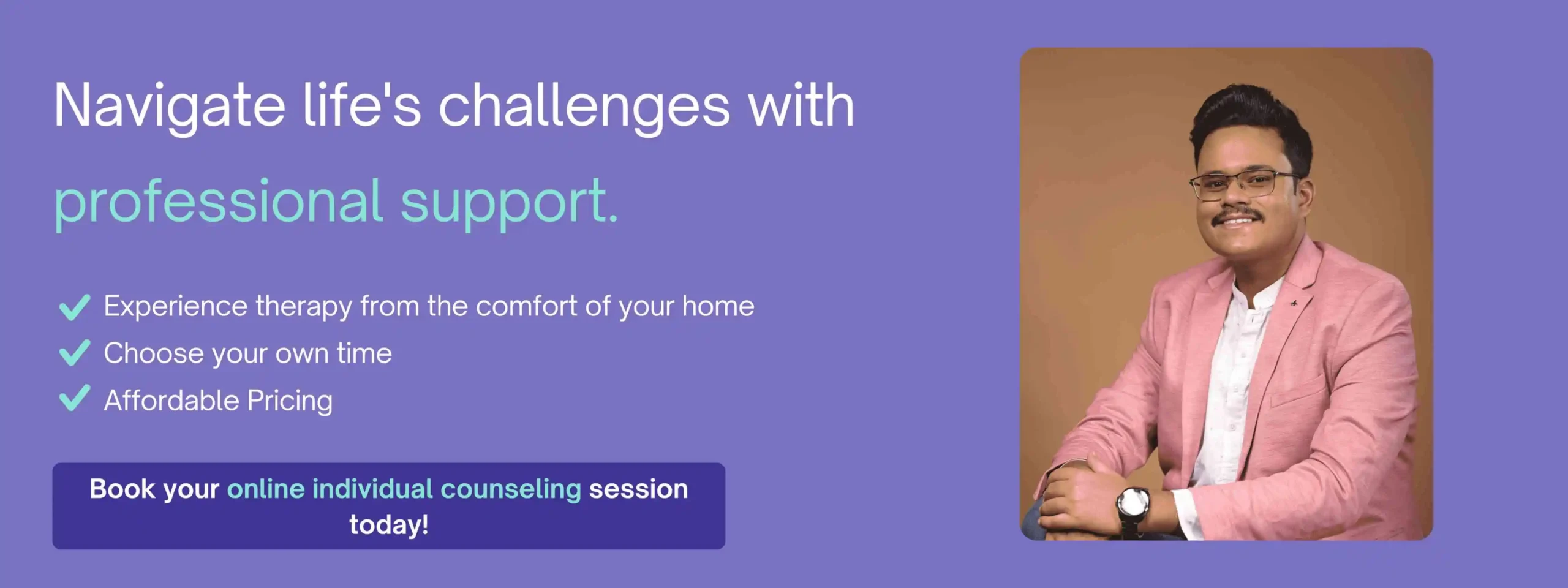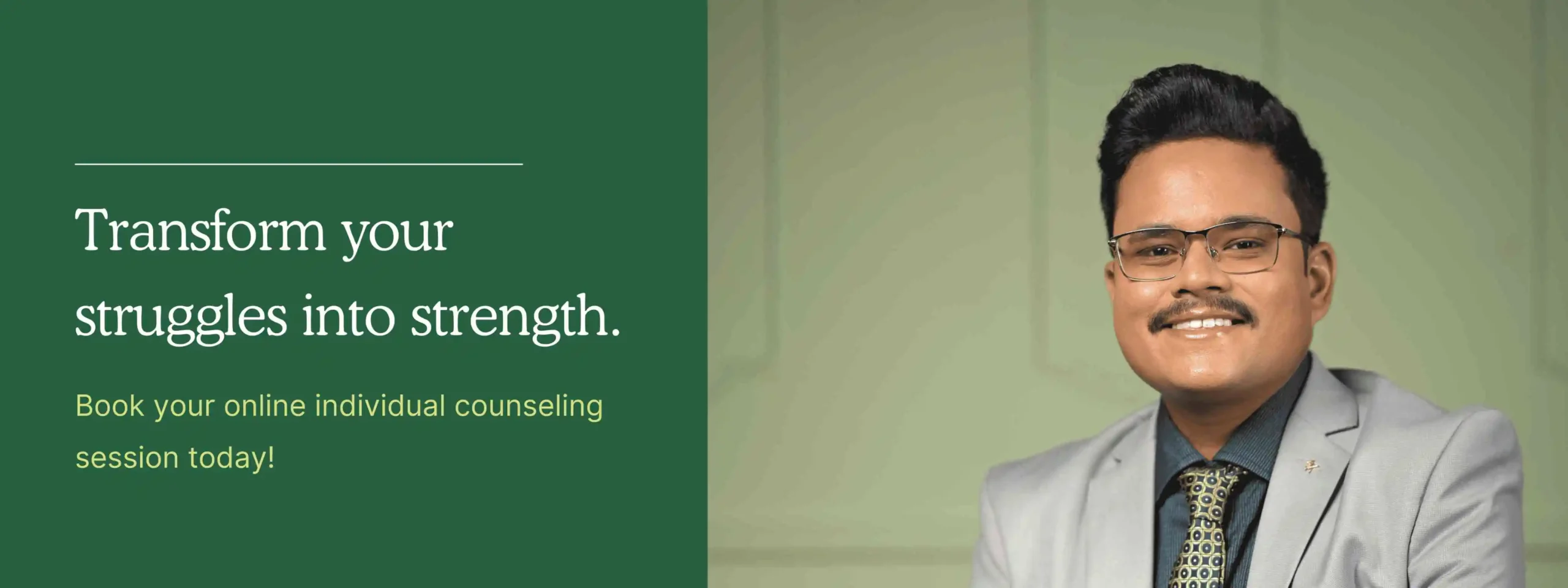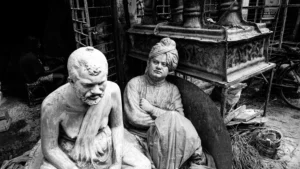As a counseling psychologist practicing in India for over 6 years, I’ve witnessed firsthand how career change counseling can transform lives. The modern professional landscape is evolving rapidly, creating both opportunities and challenges for those considering career transitions. Through my experience working with hundreds of professionals seeking new paths, I’ve developed a deep understanding of the psychological intricacies involved in career changes, particularly within our unique Indian cultural context.
Table of Contents
ToggleUnderstanding the Psychology of Career Transitions
The decision to change careers extends far beyond simply switching jobs. It represents a fundamental shift in professional identity that often triggers deep psychological responses. In my practice, I’ve observed that career transitions typically activate our core beliefs about success, worth, and purpose. These transitions challenge our established patterns and force us to confront uncertainties about our future.
Emotional Challenges in Career Changes
The emotional landscape of career transition is complex and deserves careful attention. Recently, I worked with Raj (name changed for confidentiality), a 32-year-old IT professional who felt increasingly disconnected from his work. Despite his family’s concerns about financial stability, he yearned to transition into environmental conservation. Through our sessions, we identified several common emotional patterns that many career changers experience: anticipatory anxiety about the unknown, grief for the familiar career being left behind, and excitement about new possibilities.
What makes these emotions particularly challenging is their cyclical nature – one day you might feel confident about your decision, and the next, you’re questioning everything. This emotional volatility is normal and, I would argue, necessary for growth. Through career change counseling, we work to understand these emotional patterns and develop healthy coping mechanisms.
Cultural Expectations and Career Decisions
In India, career decisions rarely exist in isolation. Our cultural fabric interweaves individual aspirations with family expectations, societal norms, and community values. This complexity often creates unique challenges for career changers. Many of my clients struggle with balancing their desire for personal fulfillment against family expectations of stability and traditional success metrics.
For instance, transitioning from a conventional corporate role to entrepreneurship often involves navigating not just personal risks but also family concerns about social status and financial security. Understanding these cultural dynamics is crucial for successful career transitions in India.
How Career Change Counseling Supports Your Journey
Career change counseling provides a structured, psychologically-informed approach to professional transformation. Unlike traditional career counseling, which might focus primarily on job matching, my approach integrates psychological insights with practical career development strategies.
Assessment and Exploration
The foundation of effective career change lies in thorough self-assessment. We begin with a comprehensive exploration of your current situation, using both standardized assessments and in-depth discussions. This process examines your skills inventory, but more importantly, delves into your values, interests, and life goals.
I often use techniques from positive psychology and narrative therapy to help clients uncover their authentic professional aspirations. This might involve exercises in values clarification, strength identification, and future visioning – all tailored to your unique situation and cultural context.
Creating Your Professional Development Plan
A professional development plan serves as your roadmap for change, but it must be both ambitious and realistic. In our sessions, we create this plan through a structured process that considers market realities, skill gaps, and personal circumstances. This plan typically includes short-term goals (3-6 months), medium-term objectives (6-12 months), and long-term aspirations (1-3 years).
We also factor in financial planning, skill development timelines, and networking strategies. The plan remains flexible, adapting to new opportunities and challenges as they arise.
Navigating Family Dynamics During Career Transitions
Managing Parental Expectations
One of the most nuanced aspects of career transitions in India involves managing family expectations. I help clients develop effective communication strategies that respect family concerns while asserting personal choices. This often involves helping families understand the changing nature of career success in today’s world.
We work on specific dialogue techniques that help you express your aspirations while acknowledging family wisdom. This balanced approach often leads to better family support for your career decisions.
Balancing Personal Growth with Family Responsibilities
Many of my clients juggle multiple responsibilities while pursuing career changes. We develop practical strategies for time management, resource allocation, and energy conservation. This might include creating detailed weekly schedules, identifying support systems, and establishing boundaries.
Building Confidence Through Professional Development
Skill Assessment and Enhancement
Understanding your transferable skills and identifying areas for growth is crucial. We conduct thorough skills audits, mapping your existing capabilities against your target career requirements. This analysis helps identify specific learning needs and development opportunities.
I guide clients in creating targeted learning plans, often combining formal education, online courses, practical experience, and mentorship opportunities. We focus on both technical skills and essential soft skills like adaptability, communication, and leadership.
Networking in the India
Effective networking in India requires understanding cultural nuances and professional etiquette. I help clients develop authentic networking strategies that feel comfortable and culturally appropriate. This includes guidance on leveraging professional platforms, participating in industry events, and building meaningful professional relationships.
Taking the First Step Towards Change
Beginning your career transition journey requires courage, and professional support can make a significant difference. Through individual counseling sessions (1500 INR per session), I provide structured guidance and emotional support. For those exploring career changes while in relationships, I also offer couple counseling (2000 INR per session) to ensure both partners feel supported through the transition.
Your privacy and confidentiality are paramount in our work together. All sessions are conducted in a secure environment, protected by professional confidentiality standards and ethical guidelines.
Frequently Asked Questions
Q: How do I know if I need career change counseling?
A: Consider seeking support if you’re feeling consistently unfulfilled in your current role, struggling with career-related decisions, or need structured guidance for a professional transition. Career counseling can help clarify your path and provide practical strategies for change.
Q: How long does the career transition process typically take?
A: The duration varies based on individual circumstances, but most clients work with me for 3-6 months. We’ll create a timeline that aligns with your specific goals and situation.
Q: Can career change counseling help me deal with family resistance to my career plans?
A: Yes, we specifically address family dynamics and cultural expectations in our sessions. I’ll help you develop strategies to communicate effectively with family members while staying true to your professional goals.
Q: How do I balance financial stability with career change goals?
A: We’ll work together to create a practical transition plan that considers your financial responsibilities. This might include exploring parallel paths, building emergency funds, or planning a gradual transition.
Q: What’s the first step in starting career change counseling?
A: The journey begins with a consultation session where we discuss your current situation and goals. To schedule your first session, you can reach out through my secure contact form or call my office directly.







